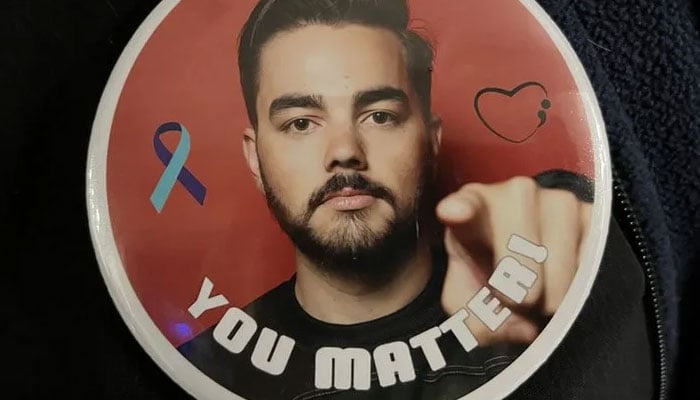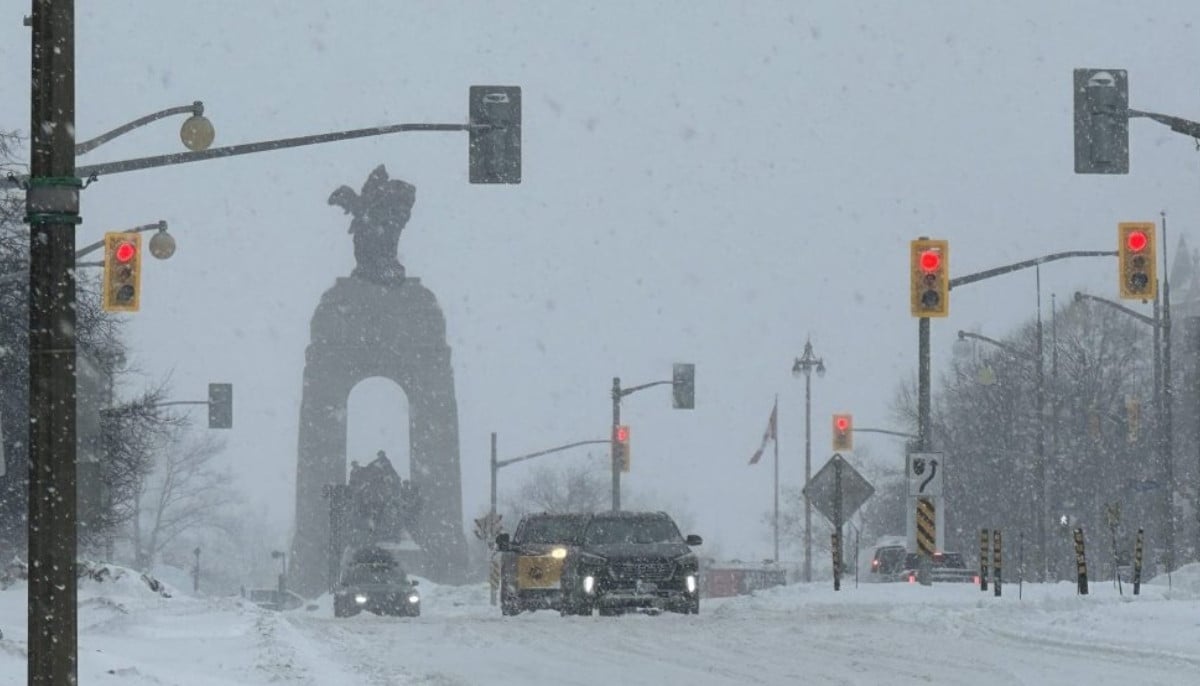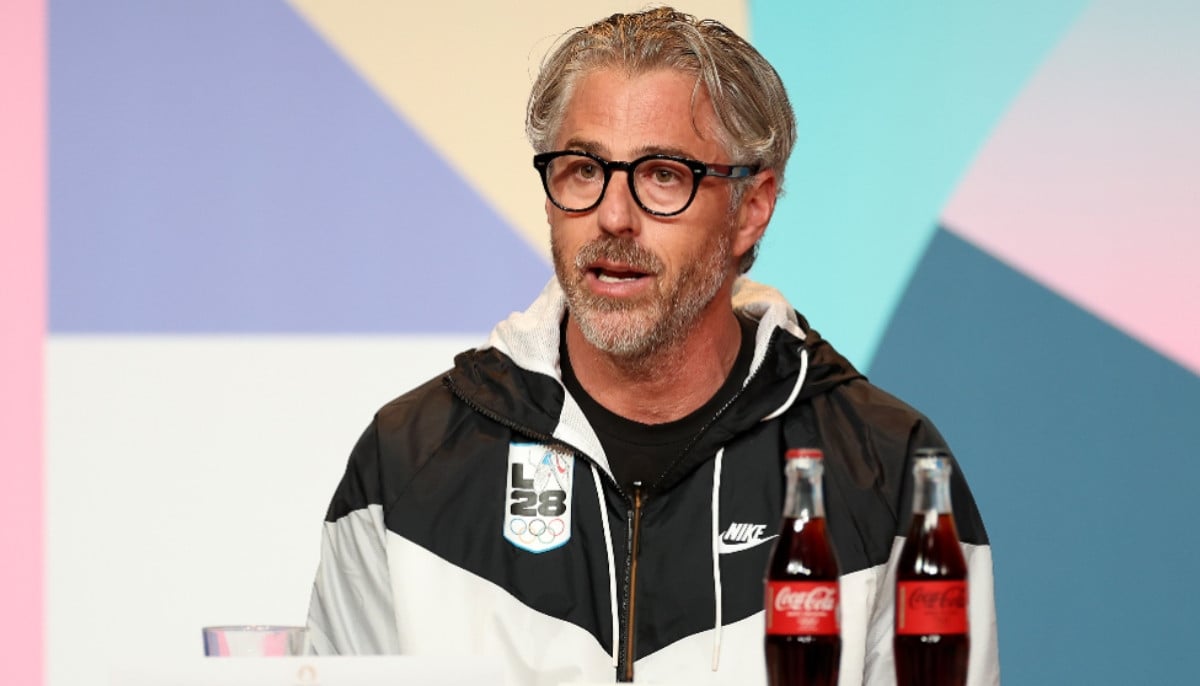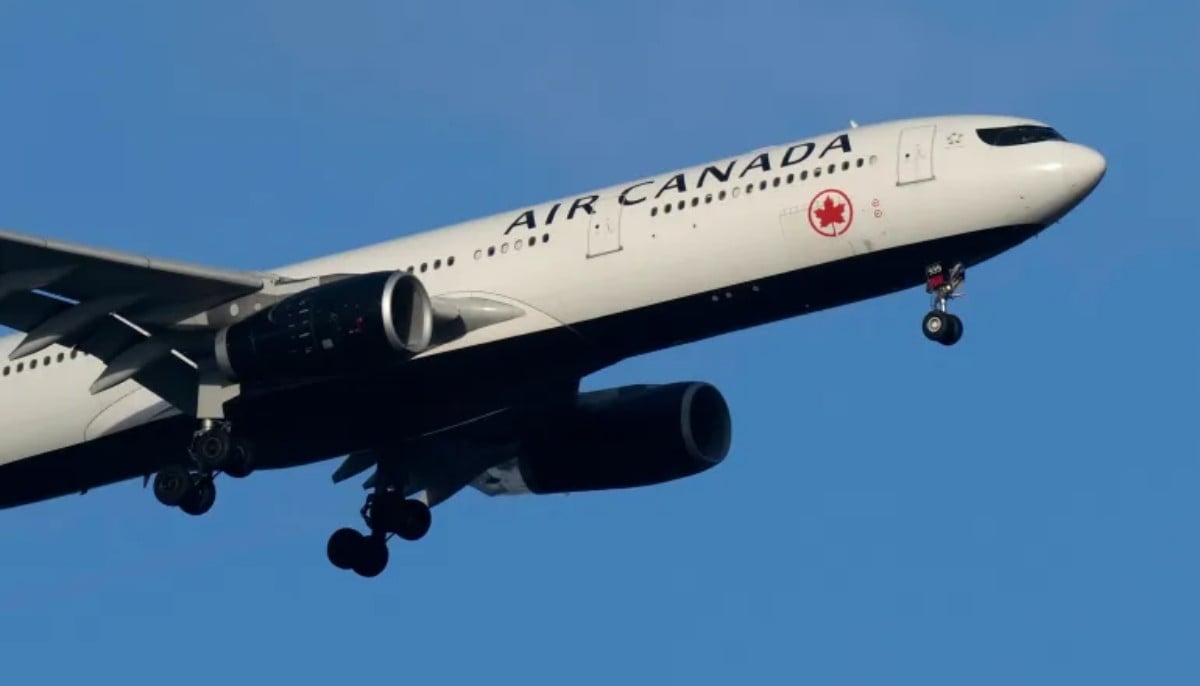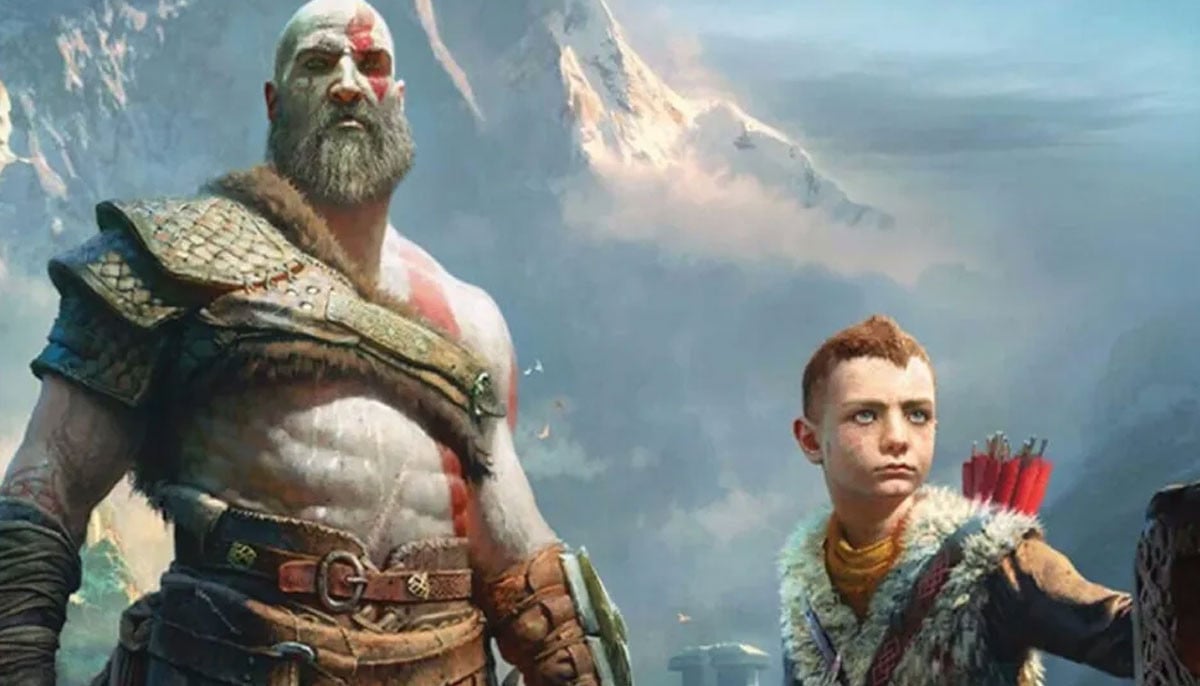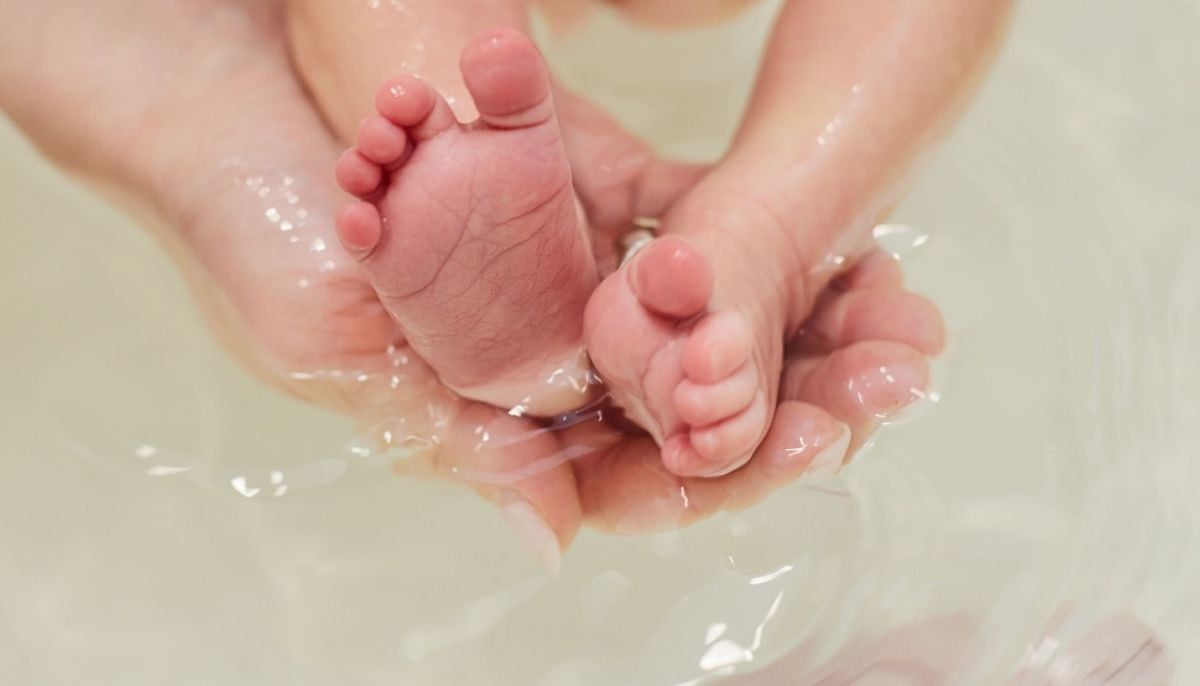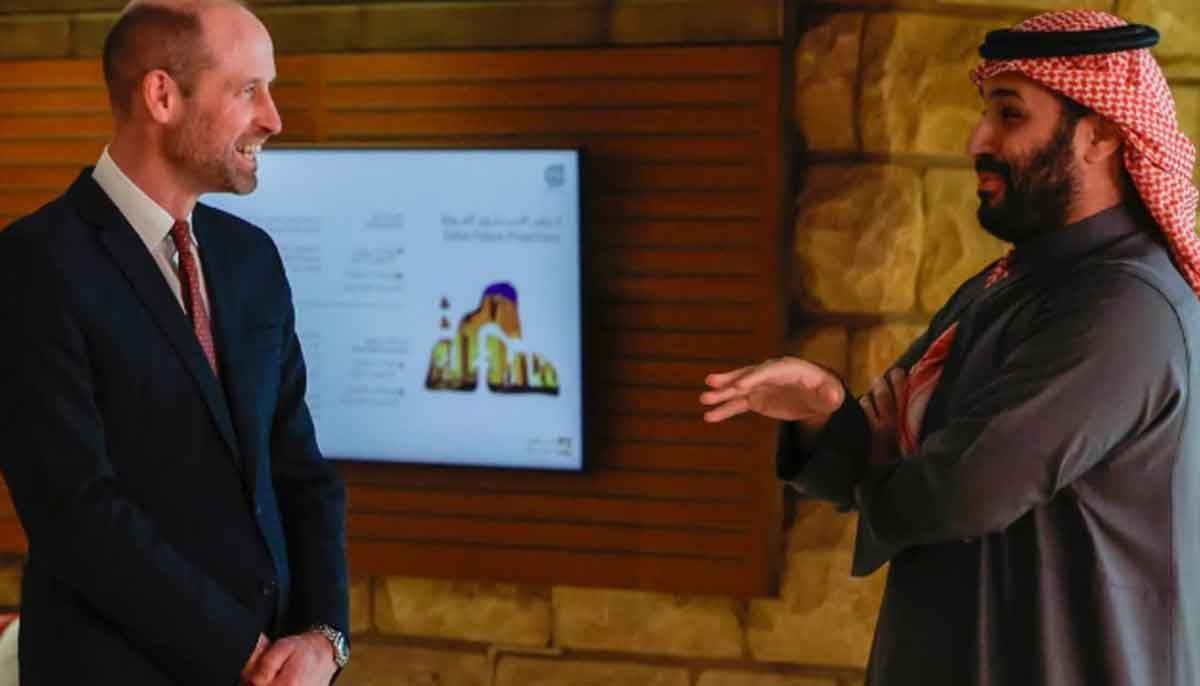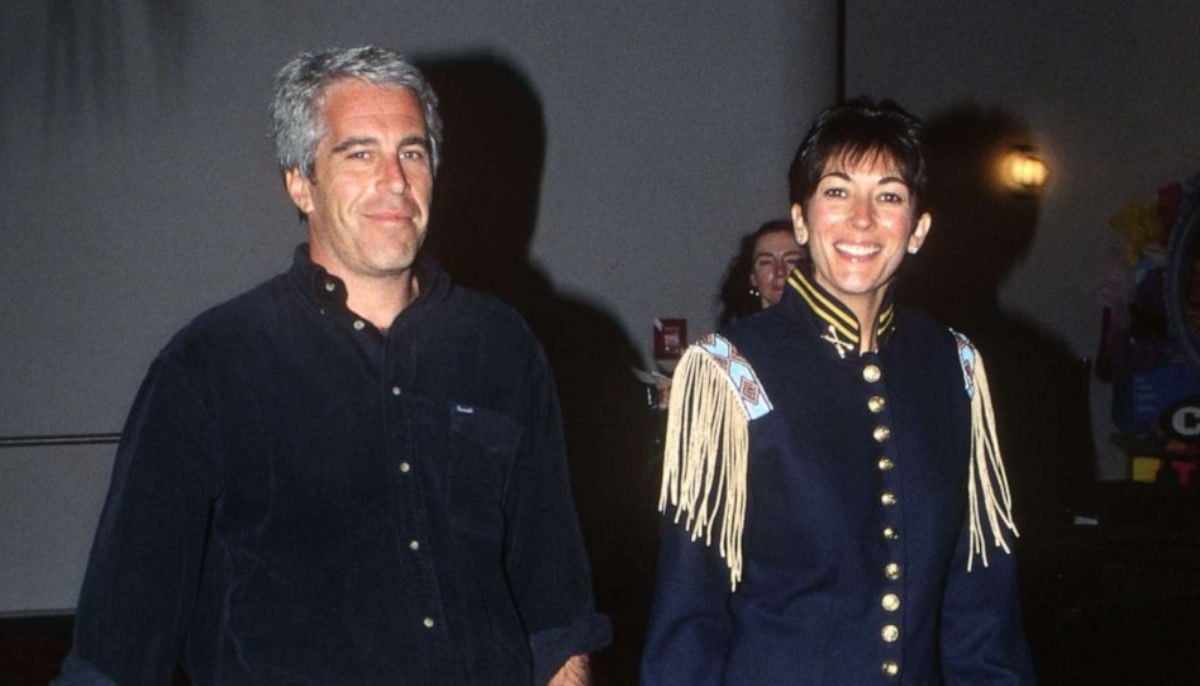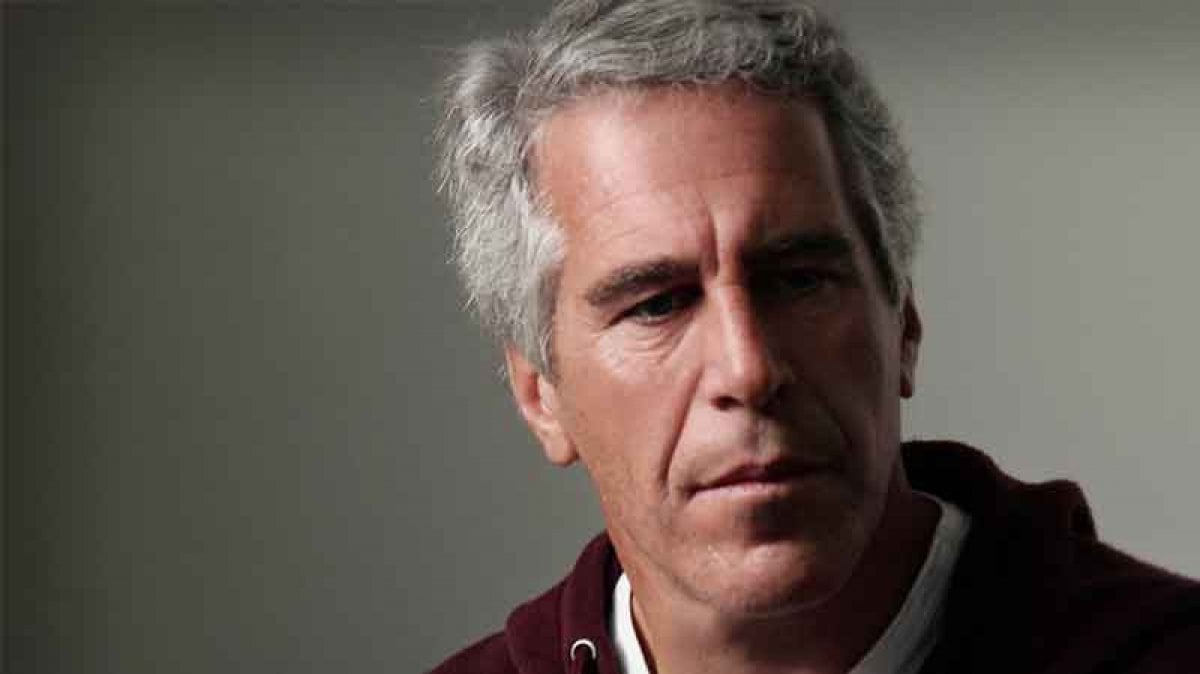Why young American suicides are on the rise? Alarm raised as another youth takes his life
Academic stress, economic uncertainty, and their impact on youth mental health? What is cause of so many suicides among young Americans?
Teenage and young adult suicide rates are climbing in the United States, with no clear explanation. The Salas family lost their son Ben to suicide last year, despite him seeming happy and successful.
Ben Salas, a promising student and athlete, took his life at just twenty-one, leaving behind a shattered community, BBC reported.
The 21-year-old criminology student and aspiring Olympic athlete was one of the 50,000 suicides recorded in the US last year, the highest number ever.
Ben's parents, Katherine and Tony, were unaware of his struggles. "He was planning his suicide while shopping for engagement rings," Tony recalls.
"He was a good all-round person," Tony says. "There's a huge hole in our souls. A part of us is missing."
Despite his outwardly successful life, Ben was battling inner demons that his parents felt powerless to address.
The Salas family has created a "memory wall" for Ben, featuring his posthumously awarded university diploma. "There's a huge void in our hearts," says Tony. The question that haunts them is why Ben took his own life.
Ben had received treatment for mild depression in 2020, but he reassured his parents that he was okay. "He wasn't withdrawn," Tony says. Just hours before his death, Ben told his father, "I'm okay. I'm good."
Students like Lorelai acknowledge the pressure and anxiety young people face today.
North Carolina State University, where Ben studied, has seen a series of suicides. Seven students, including Ben, took their lives in the previous academic year. This year, there have been three suicides so far. Despite efforts to support mental health on campuses like North Carolina State University, where Ben studied, the epidemic persists.
Justine Hollingshead, Assistant Vice-Chancellor, calls suicide a "national epidemic".
North Carolina State University Assistant Vice-Chancellor Justine Hollingshead said, "If we knew the reason, we would solve the problem. It's not something that we're trying to avoid or not figure out. But there may be no warning signs: individuals don't tell their family or friends, they don't reach out to resources and they make that decision. And we'll likely never know why."
The university has increased counselling services and introduced a system to help students recognise signs of struggle among their peers.
Despite these efforts, the reasons behind the suicides remain elusive. "We'll likely never know why," Hollingshead admits.
Suicide prevention hotlines are seeing a surge in calls, particularly from young men. Suicide hotlines like 988 are overwhelmed, with operators like Josue Melendez witnessing firsthand the toll of economic uncertainty and academic pressure on young callers.
The Salas family believes financial pressures and a lack of support systems are contributing to this crisis. They advocate for open conversations about mental health and urge people not to ignore subtle signs of struggle.
-
Air Canada’s flights to Cuba halted as as aviation fuel crisis worsens
-
At least 53 dead after migrant boat capsizes off Libya
-
'God of War' announces casting major key role in Prime Video show
-
Baby left in running bathtub dies after father ‘forgets’ him
-
Prince William meets Saudi Crown Prince Mohammed bin Salman
-
Ghislaine Maxwell will not answer Congress questions on Epstein
-
Kensington Palace announces Prince William's arrival in Saudi Arabia
-
Super Bowl 2026: Why didn't Epstein survivors ad air on TV?
